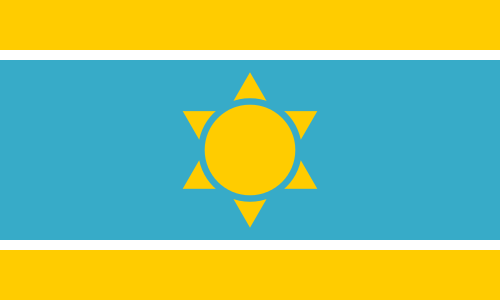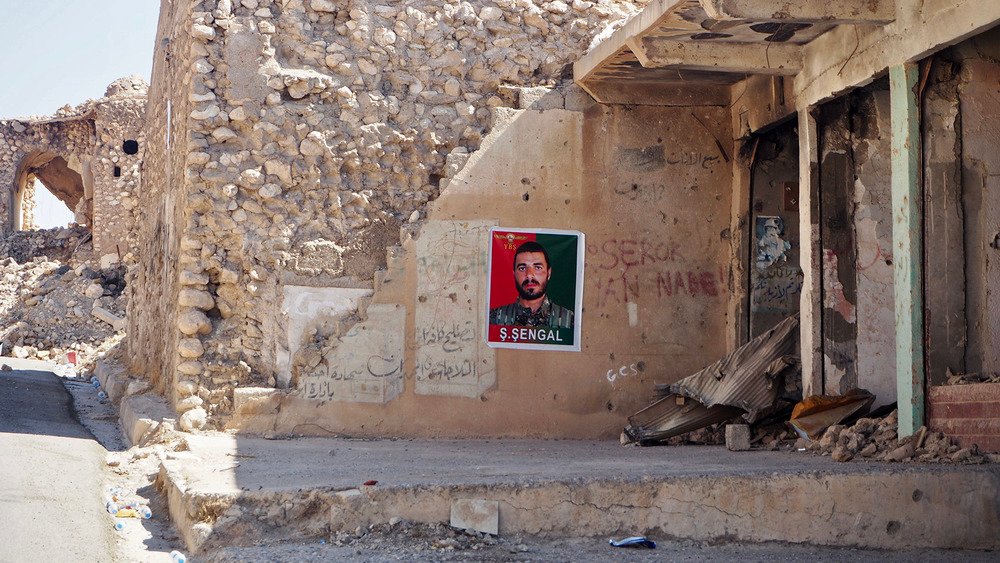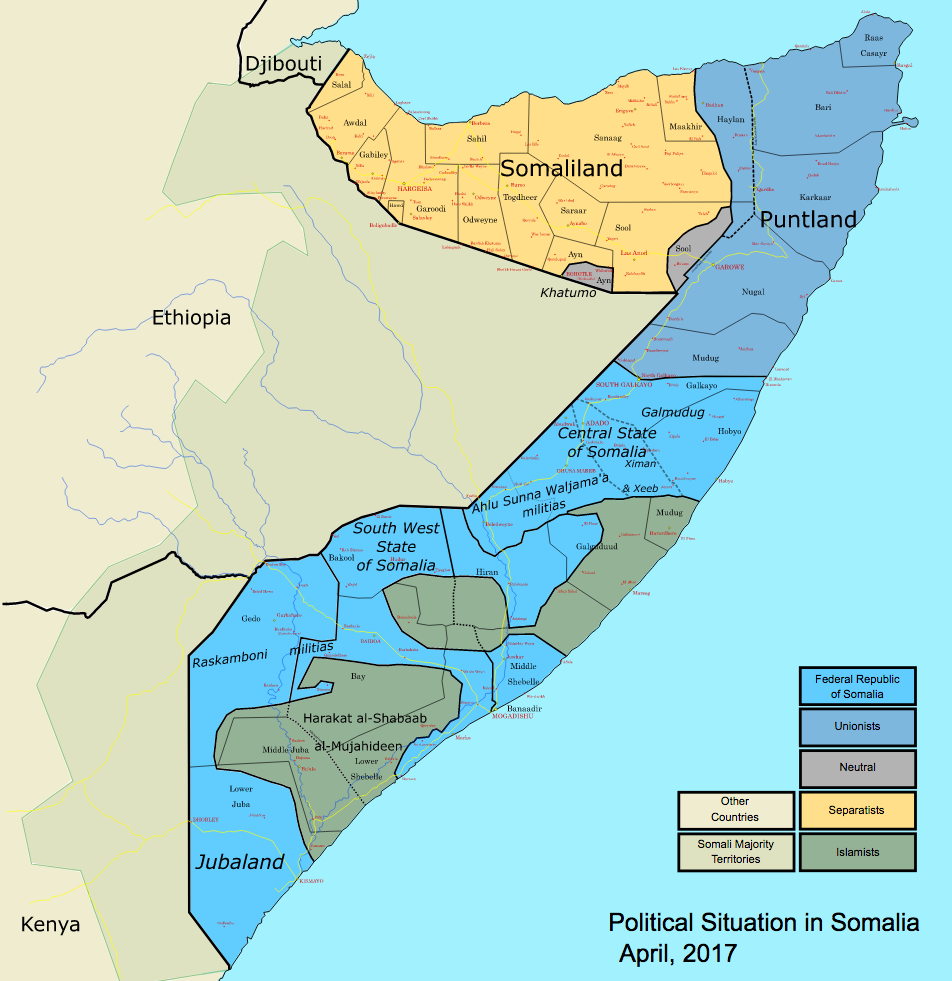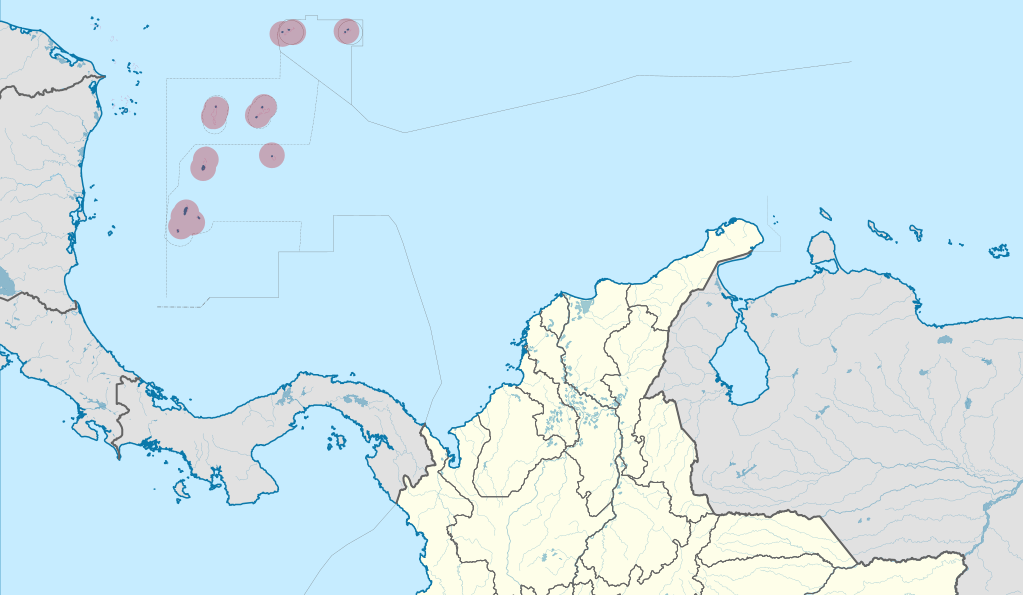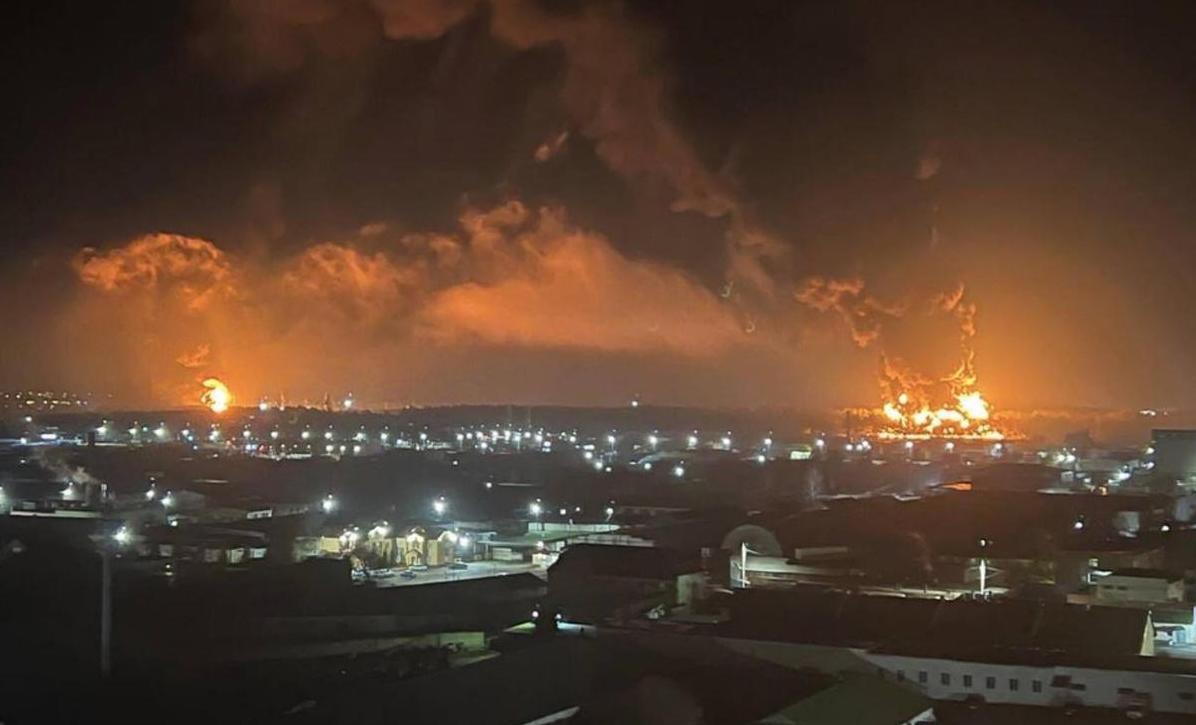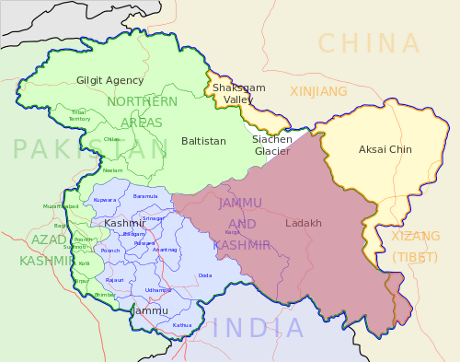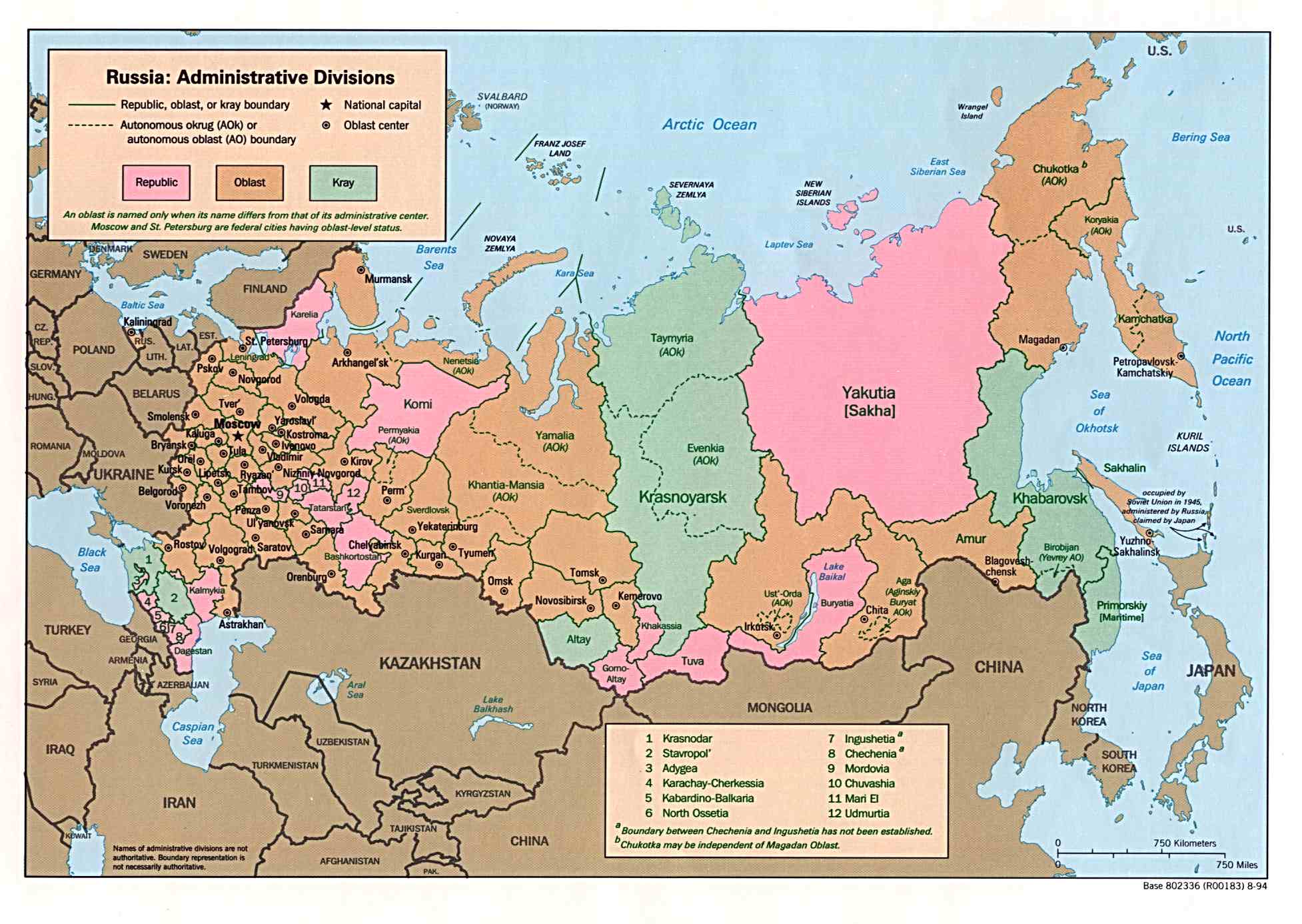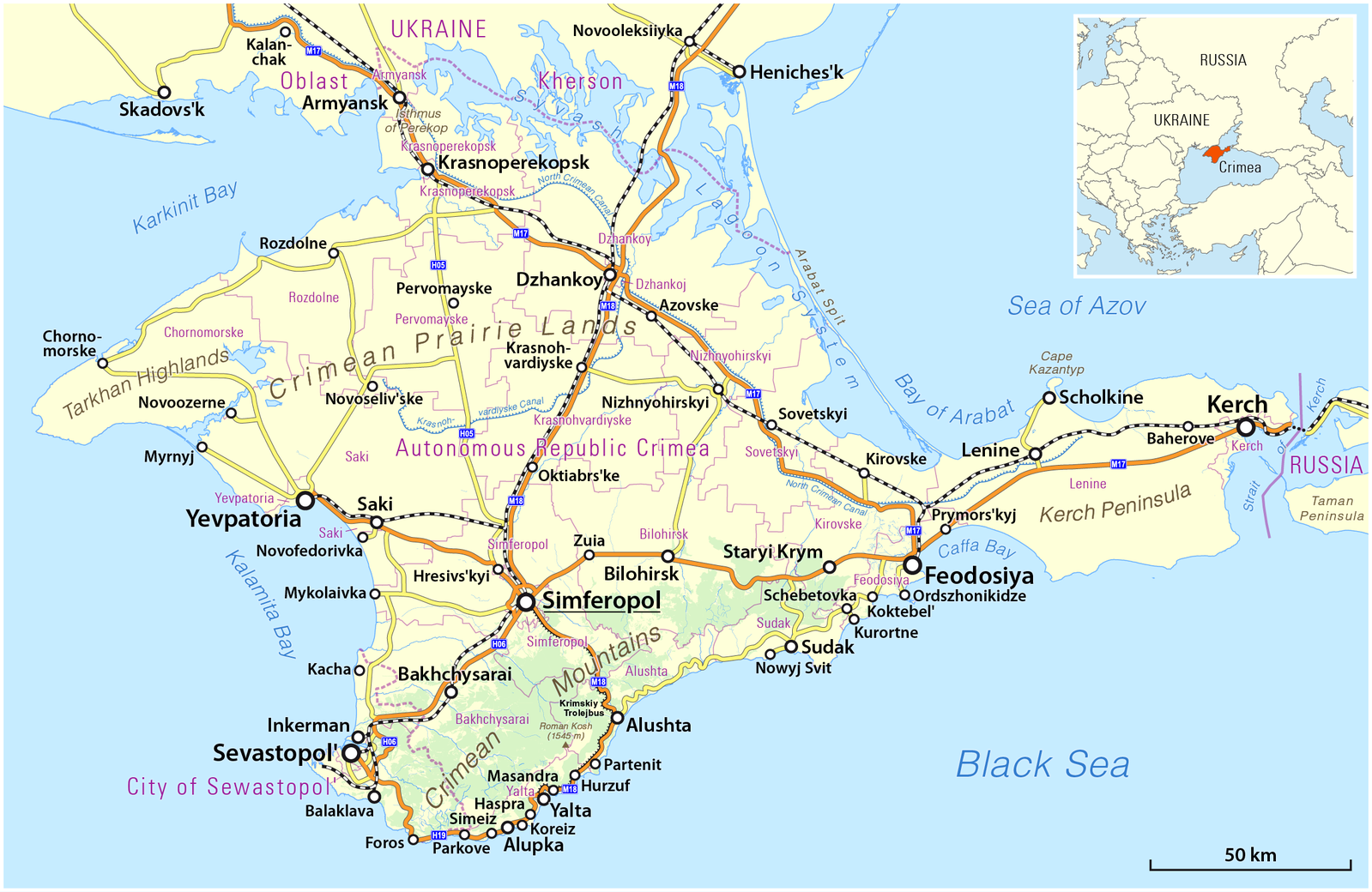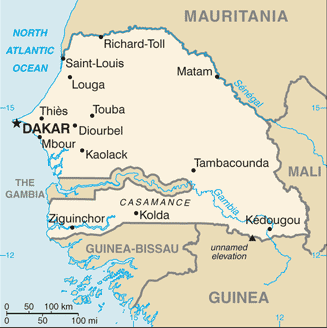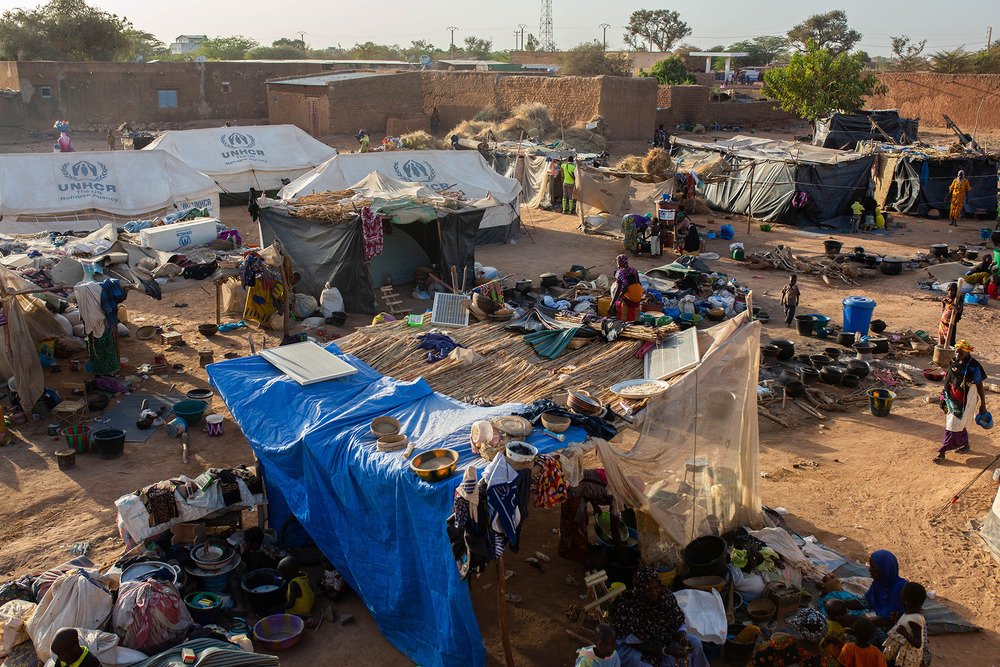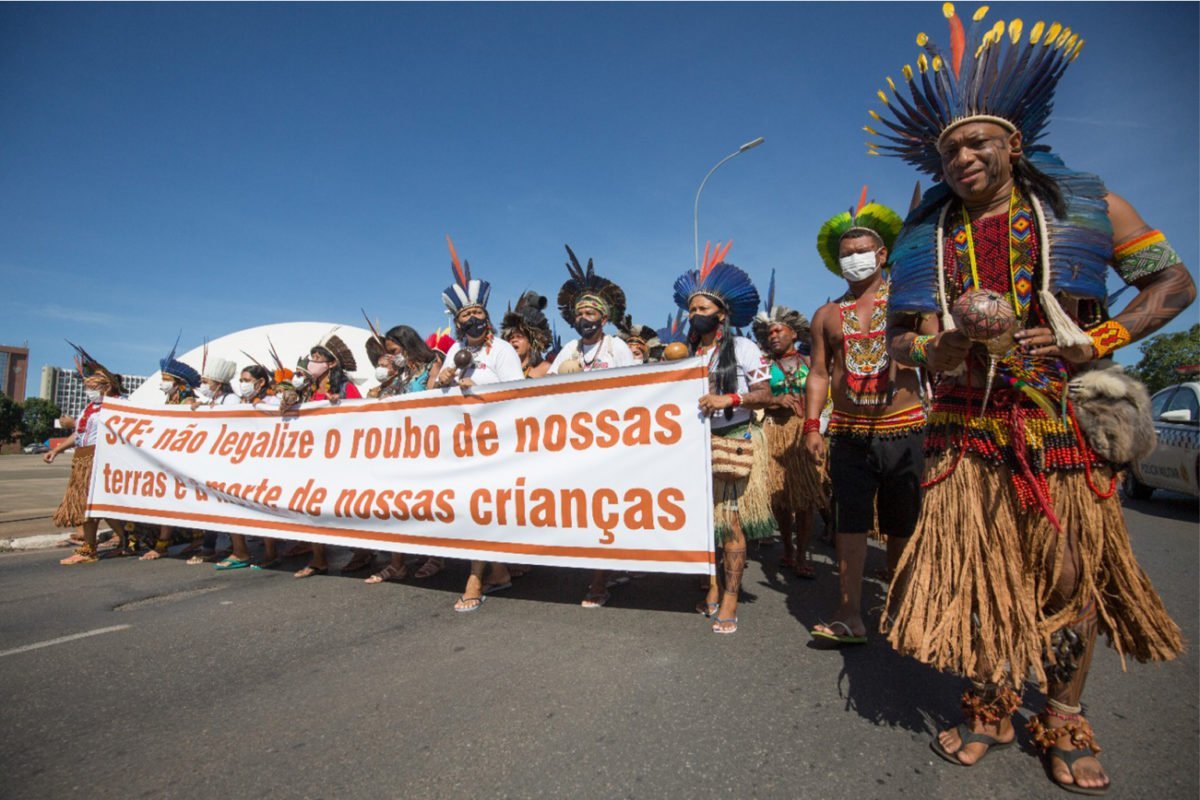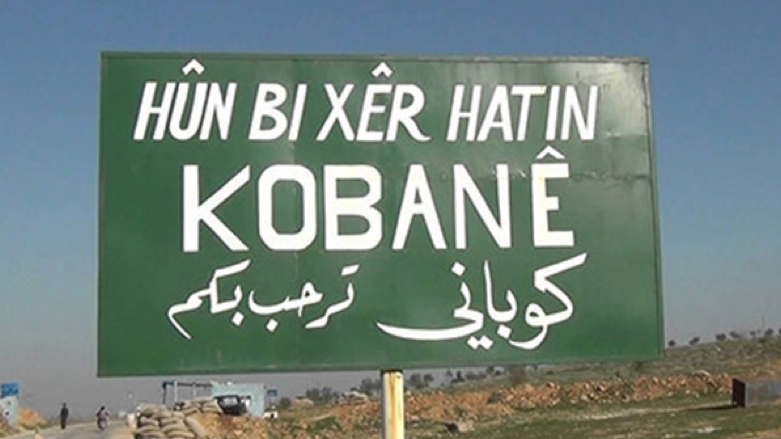
Syria: Turkish drones target Kobani
Two drone strikes targeted the Kurdish city of Kobani in northern Syria, after weeks of intermittent shelling of villages in the surrounding countryside. The attacks are apparently being launched from the area of Jarabulus immediately to the west, which is held by Turkish occupation forces and allied militias. According to the Rojava Information Center (RIC), some 35 drone attacks on the Kobani area have already “killed at least 13 people & injured 34 in 2022 alone.” Kobani became iconic in 2014, when the city’s Kurdish defenders waged a heroic resistance against ISIS. But since the Turkish invasion of the Kurdish autonomous zone, known as Rojava, in late 2019, the city has been a precarious enclave of remnant Kurdish control, in an uneasy alliance with Assad regime forces. (Photo: Kurdistan24)



